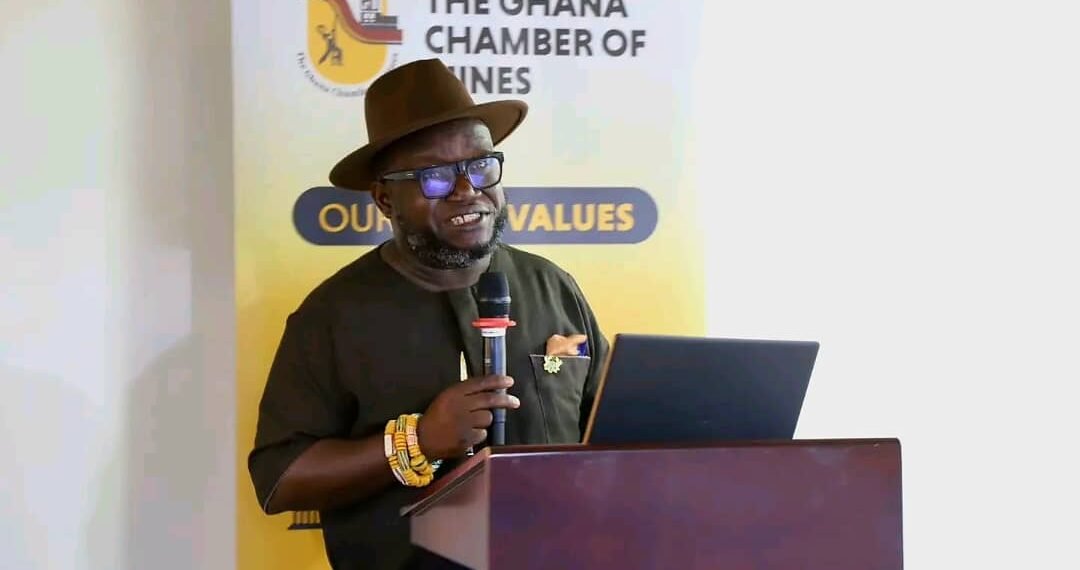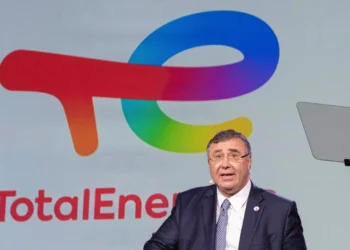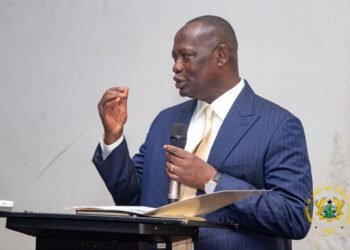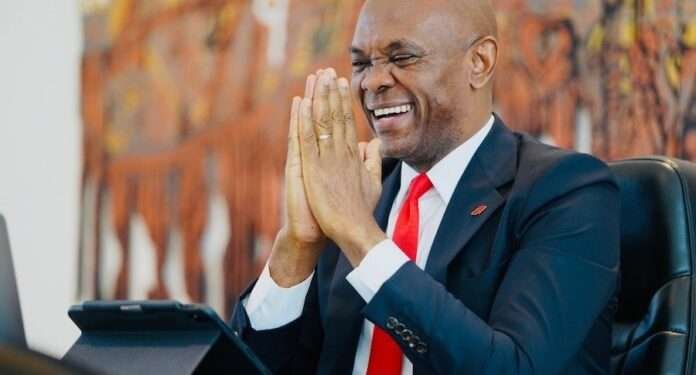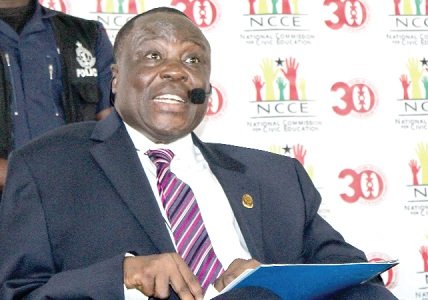The Ghana Chamber of Mines has cautioned government against plans to reduce the duration of mining leases from 30 years to 15 years, warning that such a move could cripple investor confidence, weaken the competitiveness of Ghana’s mining sector, and curtail benefits to host communities.
Chamber Chief Executive Officer, Ing. Dr. Kenneth Ashigbey, said the proposed amendment to the Minerals and Mining Act (Act 703) risks undermining the very foundations of Ghana’s minerals industry.
“Reducing the tenure of mining leases to 15 years will curtail the available time for recouping investments, lower a project’s net present value, and compromise the viability of deep-seated or marginal ore bodies.”
Ing. Dr. Kenneth Ashigbey, Chamber Chief Executive Officer
Mining, Dr. Ashigbey explained, is a long-term, capital-intensive industry, where projects can take more than a decade of exploration, feasibility studies, and infrastructure development before production even begins.
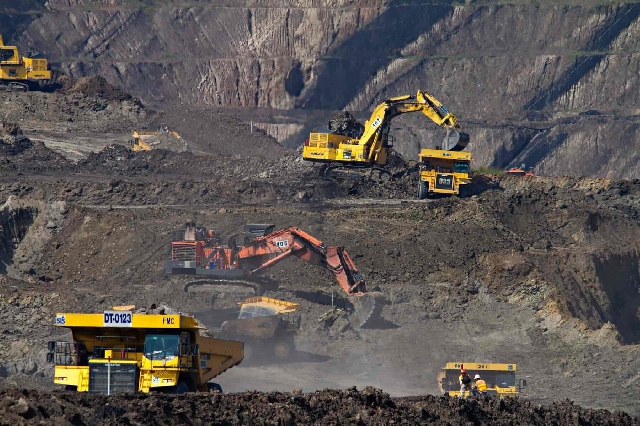
Cutting lease periods in half, he argued, would not allow enough time for investors to recover the heavy upfront costs of such projects.
According to him, the consequences extend beyond profitability. Shorter leases would likely discourage companies from reinvesting in near-mine exploration, force miners into “high-grading” – extracting only the richest portions of deposits – and leave marginal ore bodies unexploited.
“These measures would ultimately reduce the lifespan of mining operations, shrink corporate social investments in communities, and destabilize the revenue streams that government relies on from the sector.”
Ing. Dr. Kenneth Ashigbey, Chamber Chief Executive Officer
Competitiveness at Stake

The Chamber compared Ghana’s proposed model with other West African mining jurisdictions, stressing that the new framework risks making Ghana less competitive.
“In Côte d’Ivoire, Burkina Faso and Nigeria, lease terms are linked to project economics rather than rigid timelines. This flexibility makes them more attractive to global investors.
“If Ghana adopts shorter, less flexible terms, the country risks losing investment to its neighbours, even though we are Africa’s leading gold producer.”
Ing. Dr. Kenneth Ashigbey, Chamber Chief Executive Officer
The mining industry contributes significantly to Ghana’s economy, accounting for nearly half of foreign exchange earnings, a substantial portion of tax revenues, and thousands of direct and indirect jobs.
The Chamber warned that disrupting lease structures could jeopardize this contribution at a time when the government is seeking to expand industrialisation and local value addition.
The lease tenure proposal is part of a broader review of Ghana’s mining legislation currently under consultation.
Among other changes, the draft amendments seek to reduce stability agreements from 15 years to 5 years, abolish development agreements for large-scale projects, and shorten the duration of prospecting licences.
“These two instruments are fundamental to the industry’s long-term outlook.
“Without them, investors cannot plan with certainty or make the billion-dollar commitments required to open and sustain a mine.”
Ing. Dr. Kenneth Ashigbey, Chamber Chief Executive Officer
Call for Dialogue and Balance

The Chamber has therefore urged government to maintain the current 30-year lease tenure with flexible renewal options, which it says provides the right balance between investor security and government oversight.
According to Dr. Ashigbey, this framework has worked for decades and should not be sacrificed in the name of reform.
Instead, he called for constructive dialogue between policymakers, industry, and civil society to ensure that legislative changes achieve their intended goals without unintended consequences.
“We believe the government’s review process is well-intentioned. However, reforms must be carefully calibrated.
“Mining is not like other sectors; its long gestation periods and heavy risks demand stability and predictability.”
Ing. Dr. Kenneth Ashigbey, Chamber Chief Executive Officer
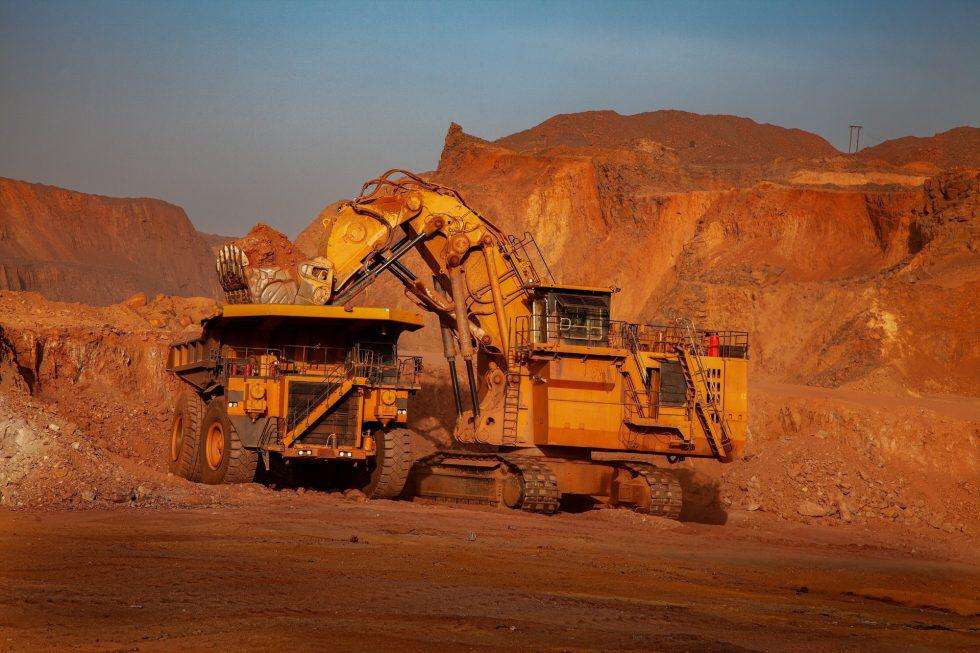
The Chamber emphasised that its stance is not about protecting corporate profits alone but about sustaining jobs, government revenues, and community development projects that flow from mining investments.
As consultations on the amendments continue, the Chamber reiterated its willingness to collaborate with government and Parliament to shape laws that both attract investment and enhance Ghana’s development goals.
“We urge policymakers to consider the broader picture.
“A mining lease is not just a legal document it is the foundation on which billions of dollars in investment, thousands of livelihoods, and decades of socio-economic contributions are built.”
Ing. Dr. Kenneth Ashigbey, Chamber Chief Executive Officer
For now, industry stakeholders and communities alike will be watching closely to see how government responds to the Chamber’s concerns and whether Ghana can strike a balance between reform and competitiveness in one of its most vital sectors.
READ ALSO: A Smart Move to Save the Cedi – Women in Forex Ghana Prez Hails BoG Directive

